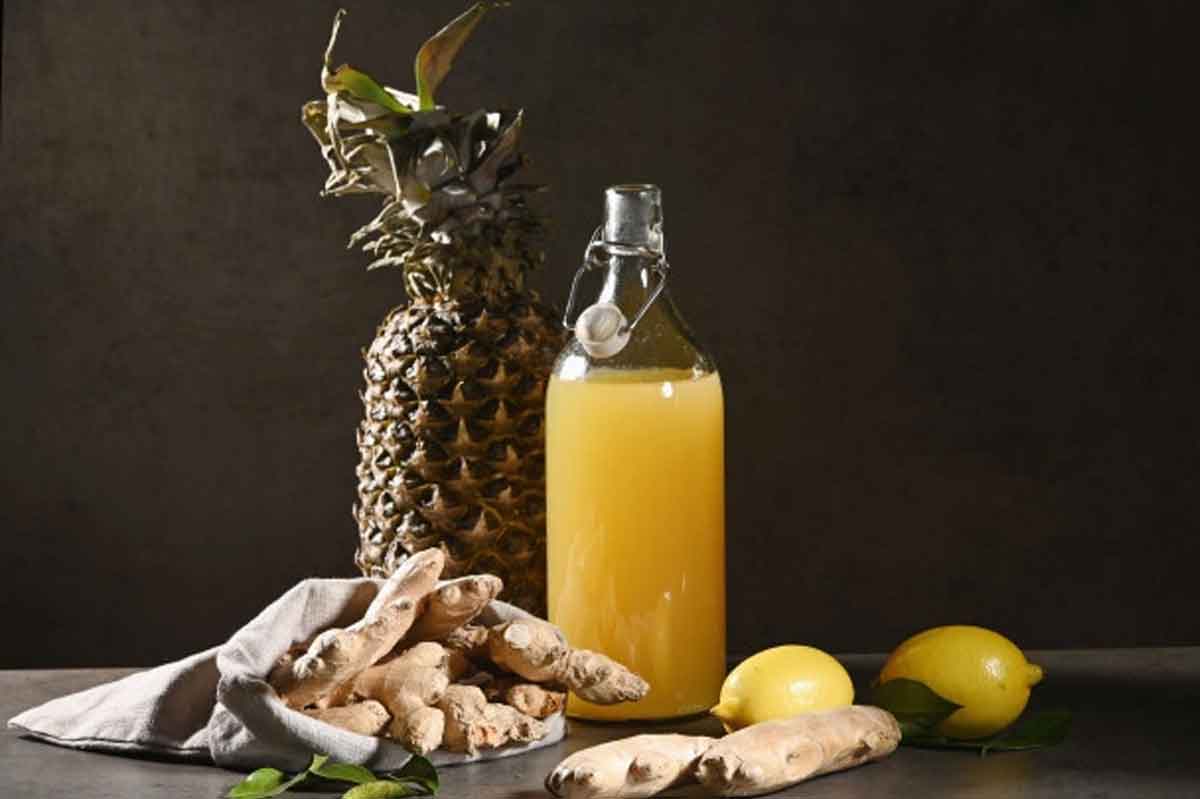Pine-apple
juice is the specific for diphtheria. This seems to have been first brought to
the notice of Europeans by the fact that negroes living round about the swamps
of Louisiana were observed to use it with great success. A writer who records
this says: "The patient should be forced to swallow the juice. This fluid
is of so pungent and corrosive a nature that it cuts out the diphtheria mucous
and causes it to disappear."
The above
direction looks satisfactory enough on paper, and it is eminently cheering to
read of how the pine-apple juice causes the diphtheria mucous to disappear, but
anyone who knows anything about diphtheria knows that to "force" a
diphtheria patient to swallow is more easily written about than accomplished. Fortunately,
I have been able to obtain the following explicit directions from an
experienced nurse and mother:
The
pine-apple should be cut up and well pounded in a mortar. The juice must then
be pressed out and strained through well-scalded muslin. The patient's mouth
must be washed out with warm water. The juice may now be given with a silver
teaspoon. It is possible that the patient may be quite unable to swallow any of
it. If this be so, the juice will serve as a mouth and throat wash. It will
gradually dissolve the membrane, and enable it to be scraped gently away with
the spoon. The juice should be given, and the throat scraped as far down as the
nurse can reach, as often as the patient can bear it. The time will come,
sooner or later, when the juice is swallowed. No other food should be given.
The nurse may have to work away for some hours before any juice is swallowed,
but my friend assures me that if the scraping be done gently and skilfully, even
children will bear it patiently.
Only a silver or bone spoon should be used,
and, needless to say, it must be well scalded in boiling water in the intervals
of using.
It is a
remarkable fact that while pine-apple juice exercises this remarkable corrosive
power upon diseased mucous, its effect upon the most delicate, healthy membrane
is absolutely harmless. I have seen sweet pine-apple juice given to six-months-old
babies as a supplement to the mother's milk, with excellent results.
Dr.
Hillier, writing in the Herald of Health in 1897, says "Sliced
pine-apples, laid in pure honey for a day or two, when used in moderation, will
relieve the human being from chronic impaction of the bowels, reestablish
peristaltic motion, and induce perfect digestion."
"A
slice of fresh pine-apple," writes Dr. Fernie, "is about as wise a
thing as one can take by way of dessert after a substantial meal." This is
because fresh pine-apple juice has been found to act upon animal food in very
much the same way that the gastric juice acts within the stomach. But
vegetarians should eat fresh fruit at the beginning of meals rather than at the
end.
The
pine-apple is useful in all ordinary cases of sore-throat. One pine-apple of
average size should yield half a pint of juice. Tinned or cooked pine-apple is
useless for curative purposes.

Comments
Post a Comment